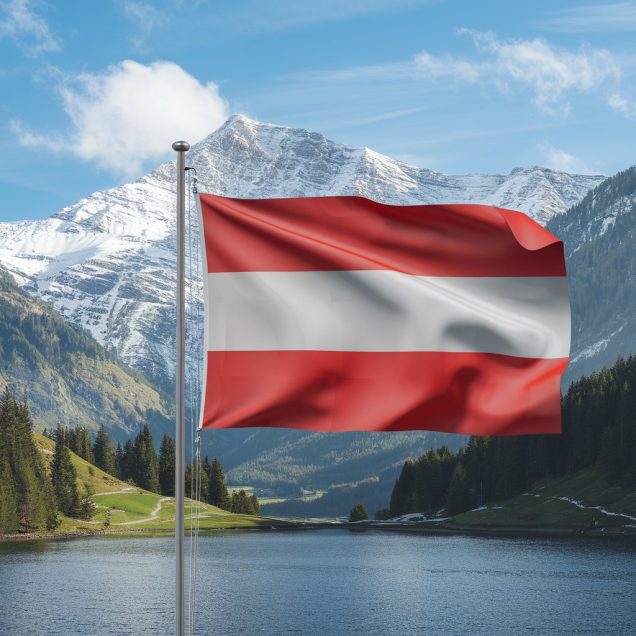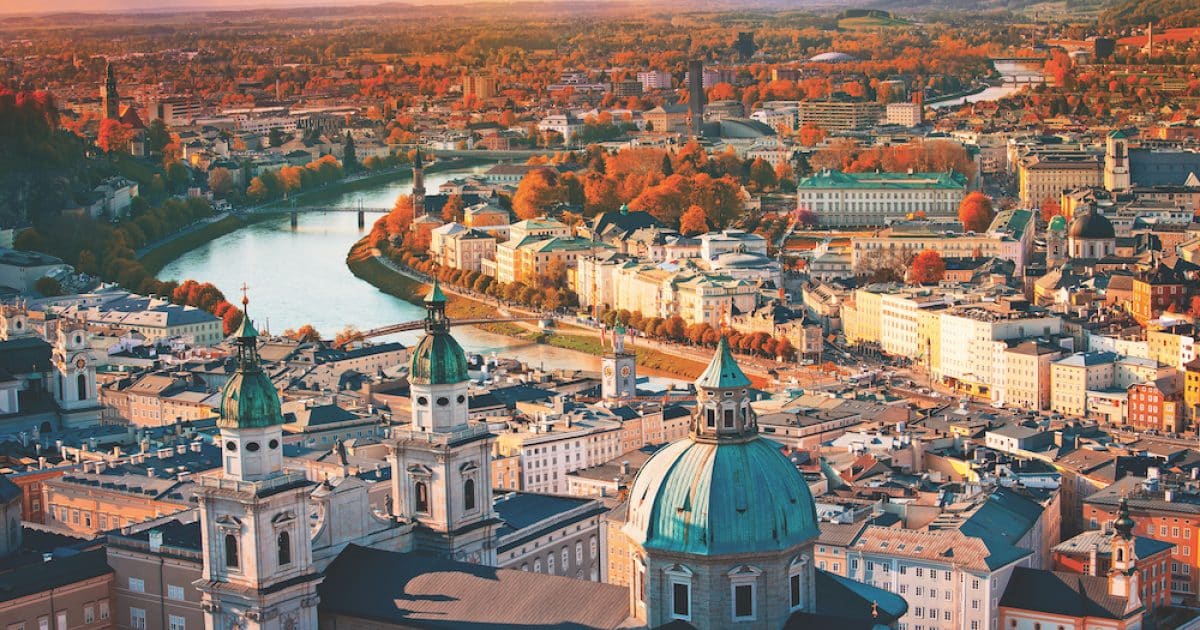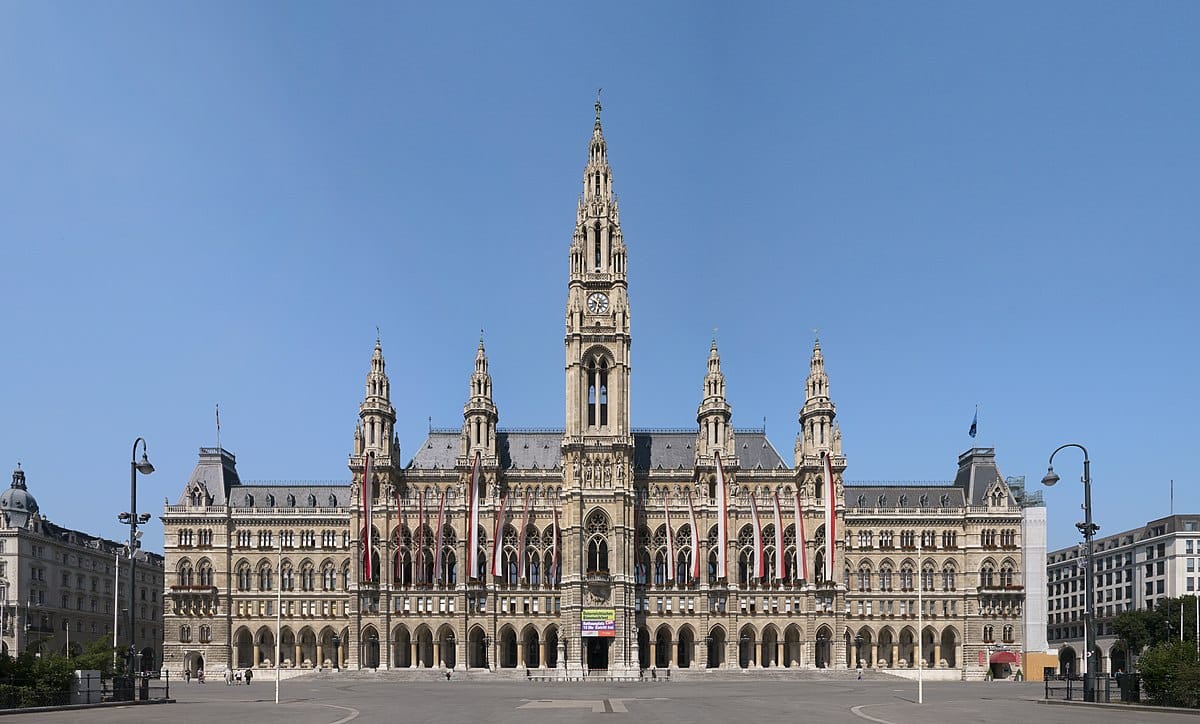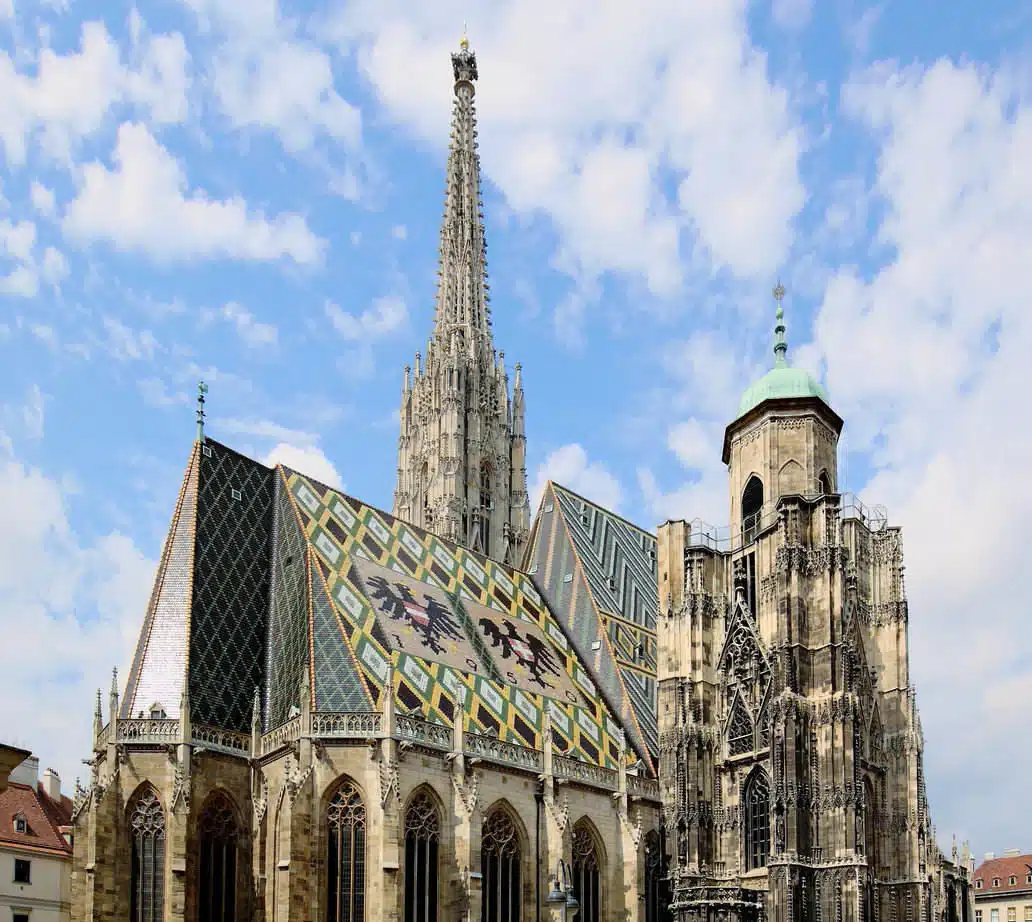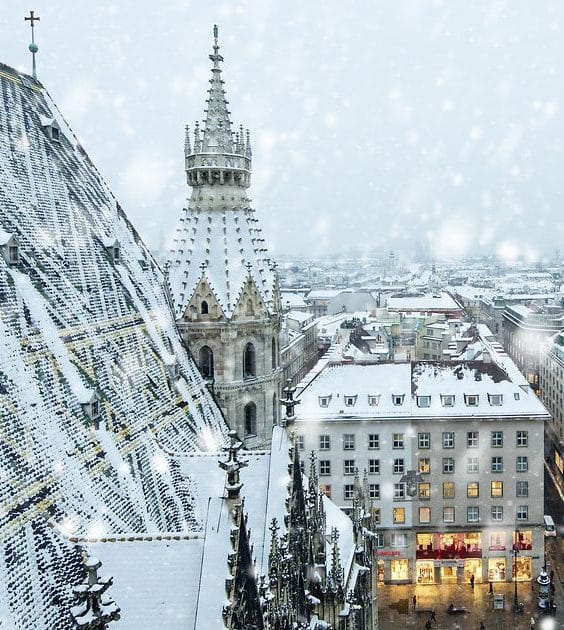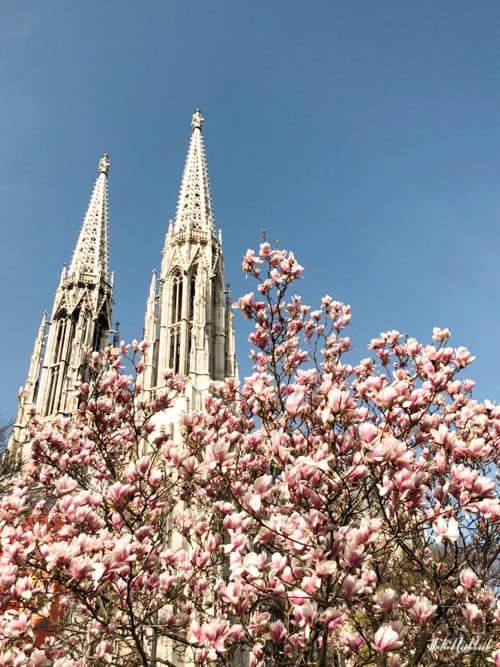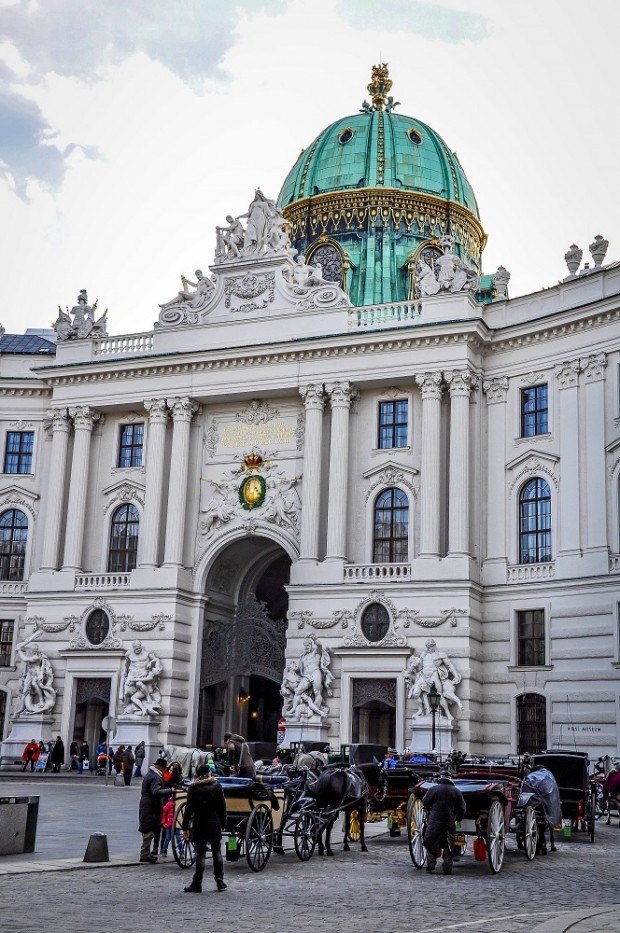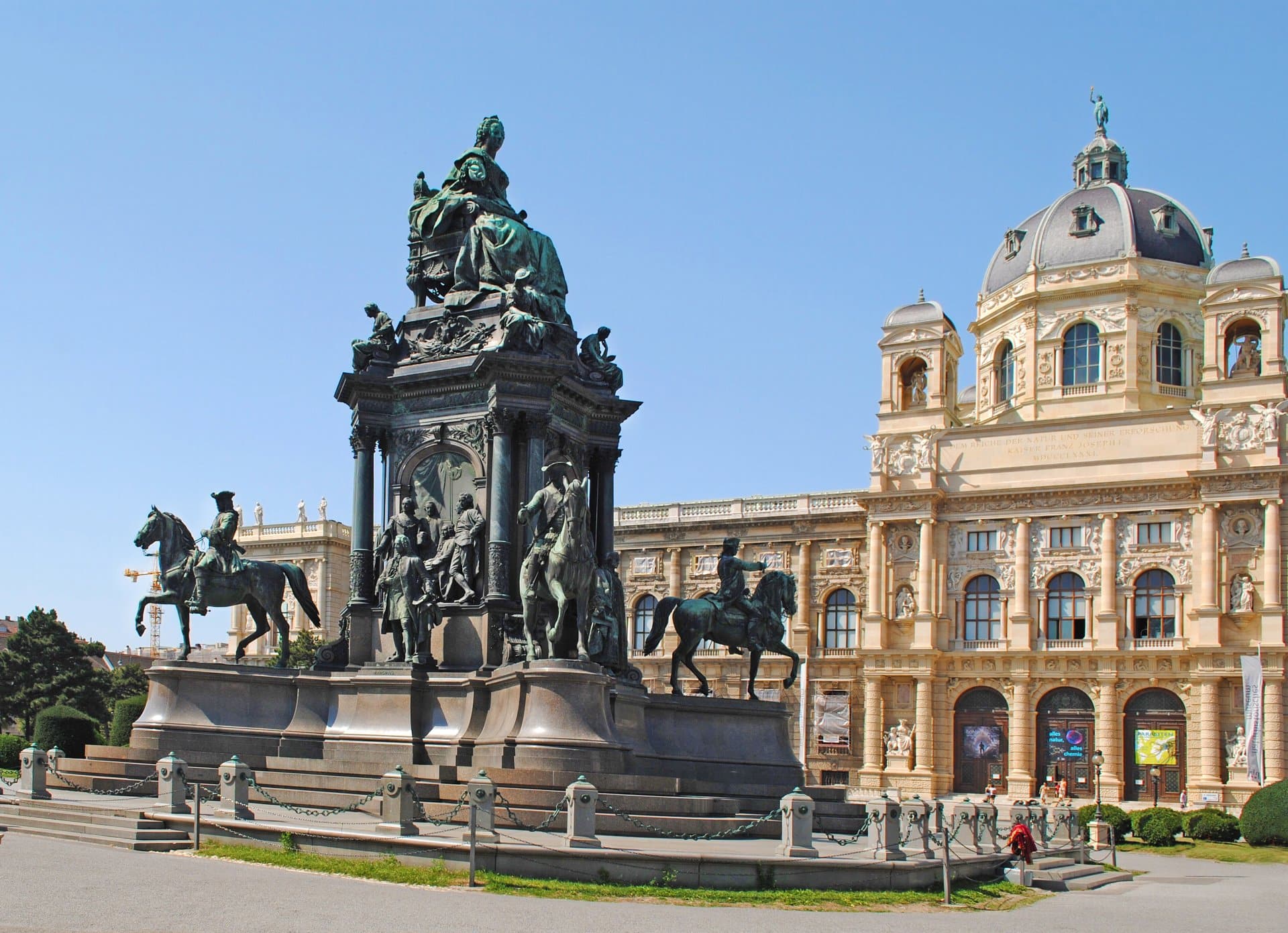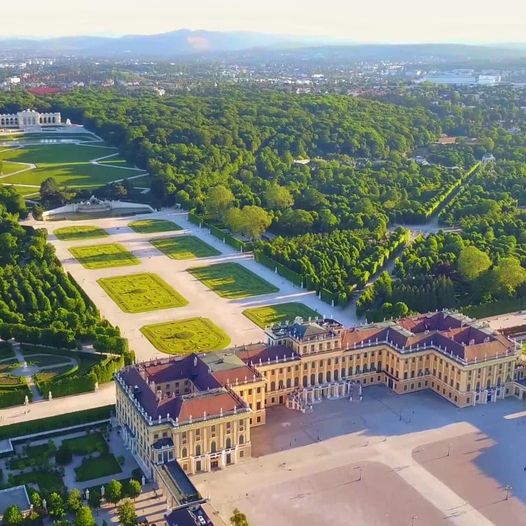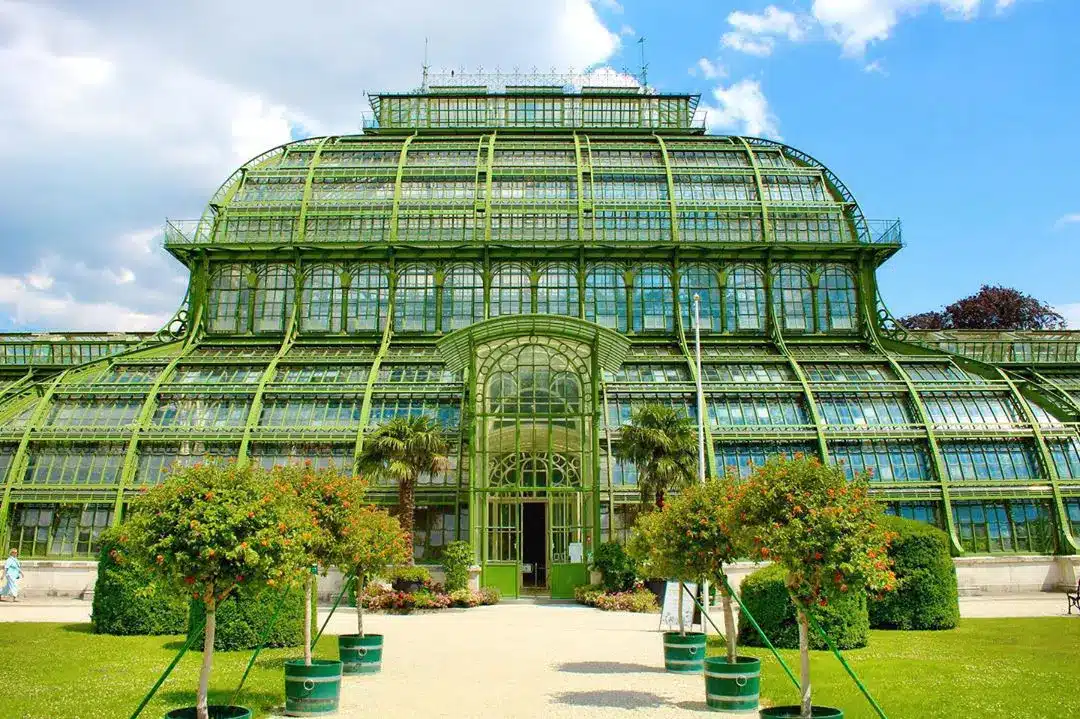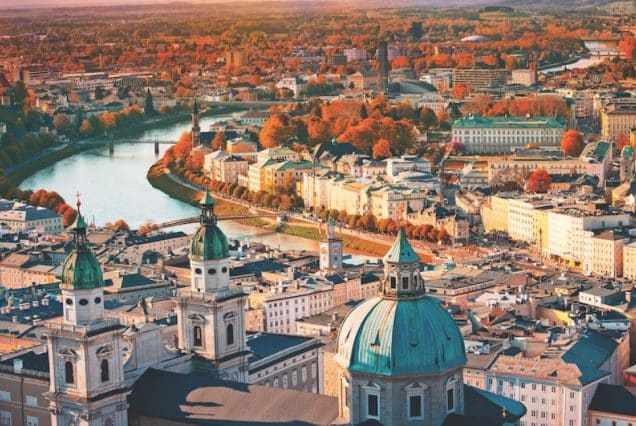

Discover Austria
Sights
Map
Info
Austria, a country celebrated for its breathtaking alpine landscapes, rich cultural traditions, and vibrant cities, offers a unique blend of historical charm and modern sophistication. From the grand palaces of Vienna to the musical heritage of Salzburg, Austria is a destination that appeals to history buffs, nature lovers, and culture enthusiasts alike. Whether you’re skiing in the Alps, enjoying a classical concert, or savoring Austrian cuisine in a traditional café, this country provides a wealth of experiences for travelers. To ensure a smooth visit, it’s important to be aware of the entry requirements, transportation options, and cultural norms in Austria.
Visa and Passport Requirements
Visa Requirement: Austria is part of the Schengen Area, so travelers from Schengen member states do not need a visa for short stays. Non-EU visitors may need a Schengen visa, which allows stays of up to 90 days within a 180-day period.
Passport Validity: Your passport should be valid for at least three months beyond your intended departure date from the Schengen Area.
Entry Process: Upon arrival, visitors may be asked to show proof of accommodation, onward travel, and sufficient funds for their stay.
Transportation
Public Transport: Austria has an efficient public transportation network, including trains, trams, buses, and metros, especially in cities like Vienna, Salzburg, and Innsbruck.
Car Rentals: Renting a car is a convenient option for exploring the Austrian countryside and alpine regions, but be aware of the country’s strict driving regulations.
Cycling: Austria is very bike-friendly, with extensive cycling paths and rental options, making it a popular way to explore both cities and rural areas.
Accommodation
Hotels: Austria offers a wide range of hotels, from luxury establishments in Vienna to cozy, family-run inns in the Alps.
Pensions and Guesthouses: These smaller accommodations offer a more personal experience, often including breakfast, and are common in both cities and rural areas.
Vacation Rentals: Services like Airbnb are widely available, providing options from city apartments to countryside chalets, offering more flexibility and a home-like atmosphere.
Dining
Austrian Cuisine: Austrian food is hearty and flavorful, with dishes like Wiener Schnitzel, Tafelspitz, and Sachertorte being must-tries.
Cafés and Coffee Culture: Austria is famous for its café culture, particularly in Vienna, where you can enjoy coffee with pastries like Apfelstrudel or Sachertorte in a historic setting.
Tipping: Tipping is customary in Austria, with 5-10% of the bill being the standard amount in restaurants and cafés.
Cultural Considerations
Respect for Traditions: Austrians value their traditions and culture, so it’s important to dress modestly, especially when visiting religious sites, and to be polite and punctual.
Public Etiquette: Austrians generally appreciate personal space and quietness in public areas, so it’s important to maintain a respectful demeanor in social settings.
Smoking Regulations: Austria has strict smoking regulations, and smoking is banned in most indoor public spaces, including restaurants and bars.
Language
Language: German is the official language, but English is widely spoken, especially in tourist areas, so most travelers will have little difficulty communicating.
Signage: Most public signs, menus, and tourist information are in German, but in larger cities and tourist areas, English translations are common.
Learning Basic Phrases: Knowing a few basic German phrases, such as “Danke” (Thank you) and “Bitte” (Please), can enhance your interactions with locals.
Technology and Communication
Mobile Connectivity: Austria has excellent mobile network coverage, and visitors can easily purchase a local SIM card for data and calls.
Wi-Fi Access: Free Wi-Fi is widely available in hotels, cafes, and public spaces, particularly in major cities and tourist areas.
Electrical Outlets: Austria uses a 230V electrical system with Type C and F plugs, so travelers from other regions may need an adapter.
Shopping and Payment
Credit Cards: Credit cards are widely accepted in Austria, especially in urban areas and larger establishments, though smaller shops may prefer cash.
Currency Exchange: The Euro (EUR) is the official currency, and currency exchange services are available at airports, banks, and exchange offices.
Shopping Hours: Many shops in Austria close early, especially outside of major cities, with Sunday closures being common, so plan your shopping accordingly.

